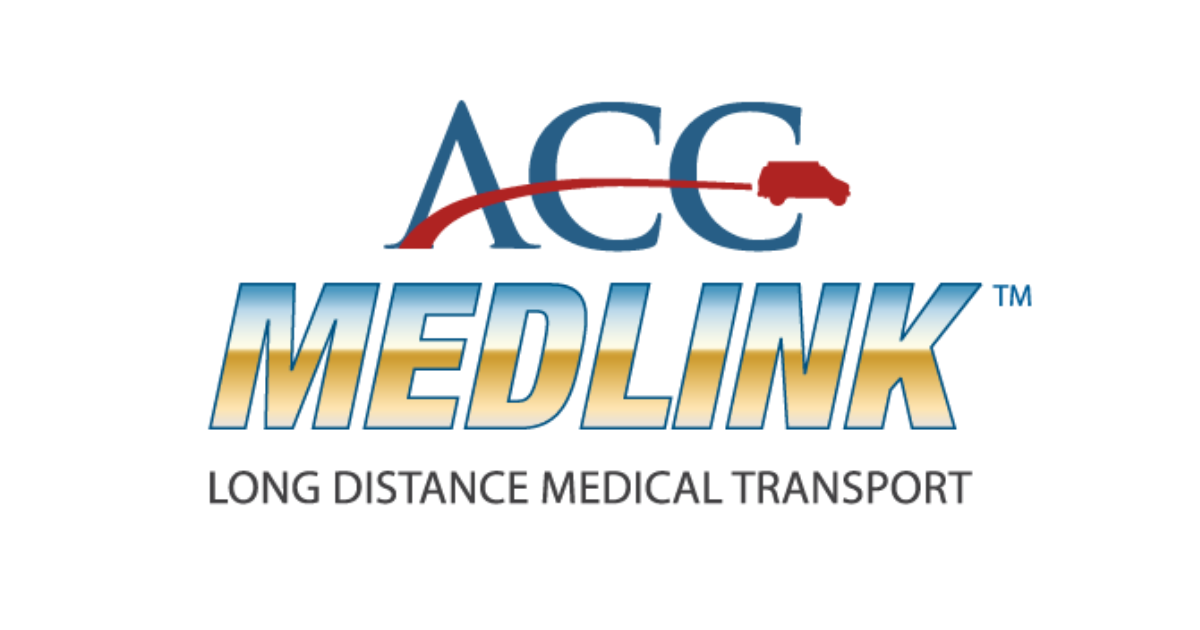5 Things to Consider Before Hiring a Bariatric Patient Medical Transport
Obesity is the accumulation of excess fat in the body. Obesity is undesirable, and around one-third of the US population is said to weigh 100 pounds over average, or are considered overweight. Bariatric Medical Transport is a non-emergency medical transport service that involves the transportation of patients that generally weigh over 400 pounds.
Such patients require the same amount of respect, care, and attention as every other patient. However, their massive weight can sometimes present a problem before, during, and after their non-emergency transportation, to or from a medical facility. Thus, not all non-emergency medical service providers can cater to overweight patients.
So, if you or a loved one require a non-emergency medical transport for an obese person, strictly consider hiring a Bariatric Medical Transport service only if they offer the following;
Is there a particular loading system?
Getting an obese person into a vehicle will require more than just two people lifting the stretcher at one end unto the vehicle. Most times, a mechanically operated loading ramp is needed to get the patient on board the van safely. This is crucial, regardless of whether it is a vehicle or aircraft.
Has the transport vehicle or aircraft been explicitly modified for a Bariatric Patient?
Overweight patients will require more room than normal-sized patients. Does the transport facility have enough space for the patient to lie or sit comfortably in? Has the chairs or stretchers been modified with extra cushion and padding? Regardless of the weight of the patient, a professional non-emergency medical transport service should be comfortable and seamless at all times.
Is there trained staff on board that is familiar with some of the common health conditions associated with obese patients?
Obese patients are at a higher risk of hypertension and heart failure. Thus, any medical staff involved in a Bariatric medical transport must be aware of this fact and as such, should be extensively trained in responding to such emergency if and when they arise. This is an absolute must.
Does the Medical Transport service Offer Door to Door non-emergency medical service?
If the patient has to go for an appointment or see a specialist, you want to be sure that you aren’t making plans to move the patient twice. So, it is advisable to opt for a medical transport provider that offers door-to-door Bariatric transport services. This way, they can use their specific load ramping system to both lift off and drop the patient at their destination. This way, you do not have to worry about first transporting the patient to a drop off location.
Specialty and Expertise
Most bariatric patients do not leave their homes very often and may not be as mobile as the average person. This is one of the chief reasons why the staff that is meant to take care of bariatric patients have to be specially trained. Ensure that the medical transport service does offer regular Bariatric patient transportation as a standard service and has the required and trained staff for the job. Obese patients generally require expert and careful attention during transit.
So, before you settle for any Bariatric medical transport service provider for either yourself or your loved ones, ensure that you ask them all the five questions listed above. If they do not categorically fulfill any of the requirements, it’s a clear red flag, and you should look somewhere else.
